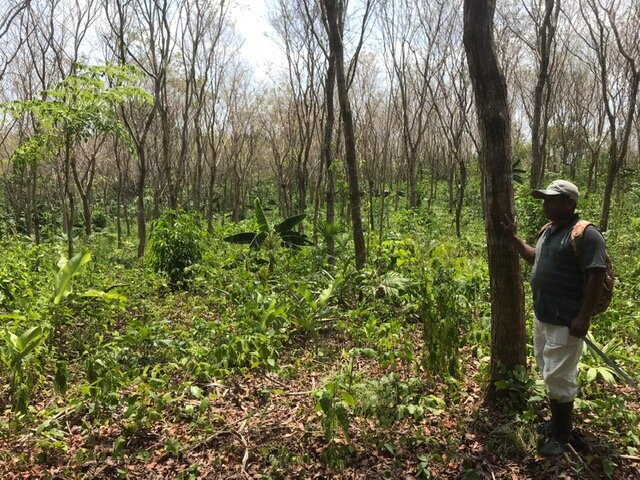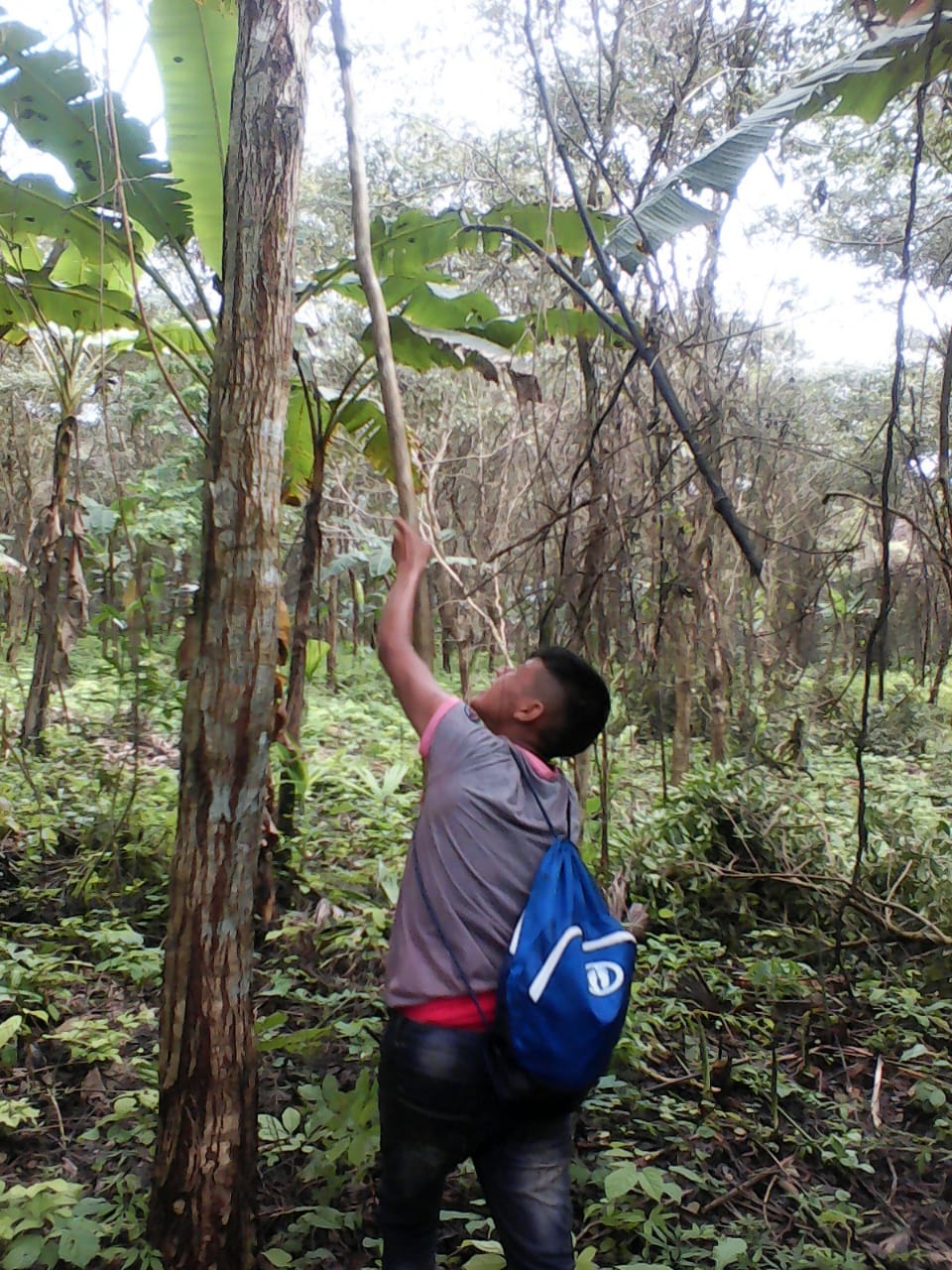Panama Free Trade Agreement with US
/ Obama signs the "United States-Korea Free Trade Agreement Implementation Act". Official White House photo courtesty of Pete Souza.After five long years, the US Congress finally signed the free trade agreement with Panama last Friday. While Panama isn’t a huge trading partner for the US in terms of timber or other goods, it will definitely help us as we begin to export valuable hardwoods to clients in the US.
Obama signs the "United States-Korea Free Trade Agreement Implementation Act". Official White House photo courtesty of Pete Souza.After five long years, the US Congress finally signed the free trade agreement with Panama last Friday. While Panama isn’t a huge trading partner for the US in terms of timber or other goods, it will definitely help us as we begin to export valuable hardwoods to clients in the US.
Panama already waives export tariffs on timber produced in managed reforestation plots. The addition of a free trade agreement means that Planting Empowerment's sustainably produced hardwoods won’t be slapped with import tariffs upon entering the US. This will increase returns for Planting Empowerment investors and benefits to our partner communities.






